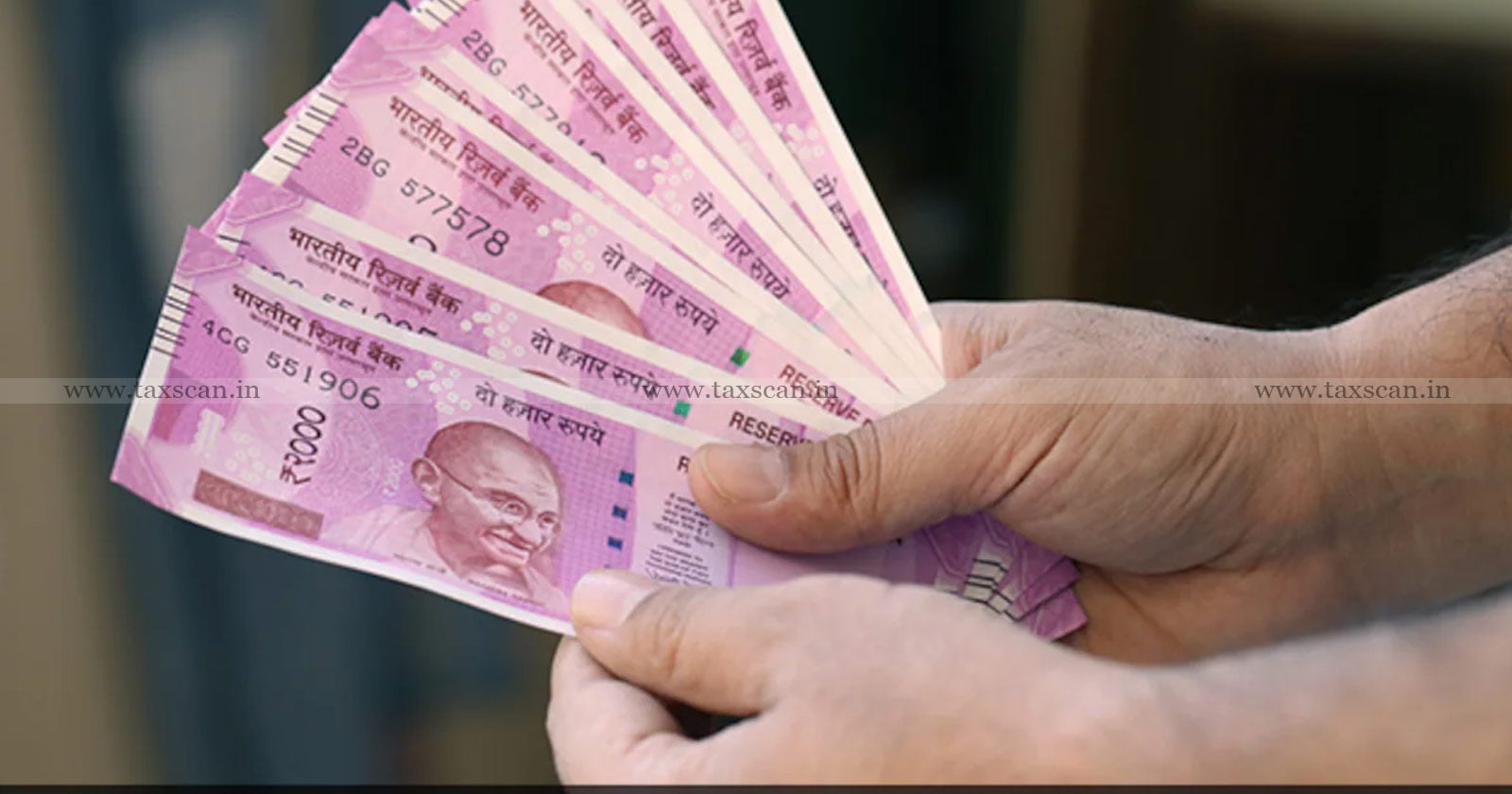Cash Holding, Transfers and Storage: Know the Limits and Penalties under Income Tax Act

The Income Tax Act and Income Tax Rules impose various limits on physical cash transactions. Several Circulars issued by the Central Board of Direct Taxes (CBDT) provide relevant information regarding these restrictions.
Indian citizens engaging in cash transactions exceeding Rs. 30 lakh for the purchase or sale of assets may be investigated by the income tax department. Transactions involving cash amounts of approximately Rs. 2 lakh received from relatives in a day must be processed through the bank, in compliance with Income Tax regulations.
Moreover, other cash transactions have limitations as well. No person is allowed to receive an amount of Rs. 2,00,000 or more in aggregate from a person in a day or for a single transaction. However, the exemption applies to the Government, banking companies, post-office savings banks, or co-operative banks. Transactions specified in Section 269SS are also exempted, while a penalty equivalent to the amount received is levied under Section 271DA of the Income Tax Act.
It is essential to account for and document any money kept at home to avoid penalties, including seizure of unaccounted money by income tax officials, with fines of up to 137% of the total amount and interest on the unpaid tax.
The Income Tax Department also bans cash amounts of Rs. 20,000 or more for any loan or deposit and transfers of immovable property. Any cash transaction exceeding Rs. 20 lakh in a financial year may attract a penalty if unaccounted for and unsourced. Depositing or withdrawing more than Rs. 50,000 at a time requires PAN numbers and details, as per the Central Board of Direct Taxation.
Furthermore, account holders depositing Rs. 20 lakh in cash in a year must provide their PAN and Aadhaar information. Cardholders who make payments exceeding Rs. one lakh using credit or debit cards may also face investigation.
After demonetization, the Government and the Income Tax Department promote bank transfers over cash transactions. The promotion of BHIM-UPI, net-banking, and e-RUPI are steps towards this goal. The revenue discourages cash transactions due to lack of traceability and counterfeiting risks.
Support our journalism by subscribing to TaxscanAdFree. Follow us on Telegram for quick updates.


